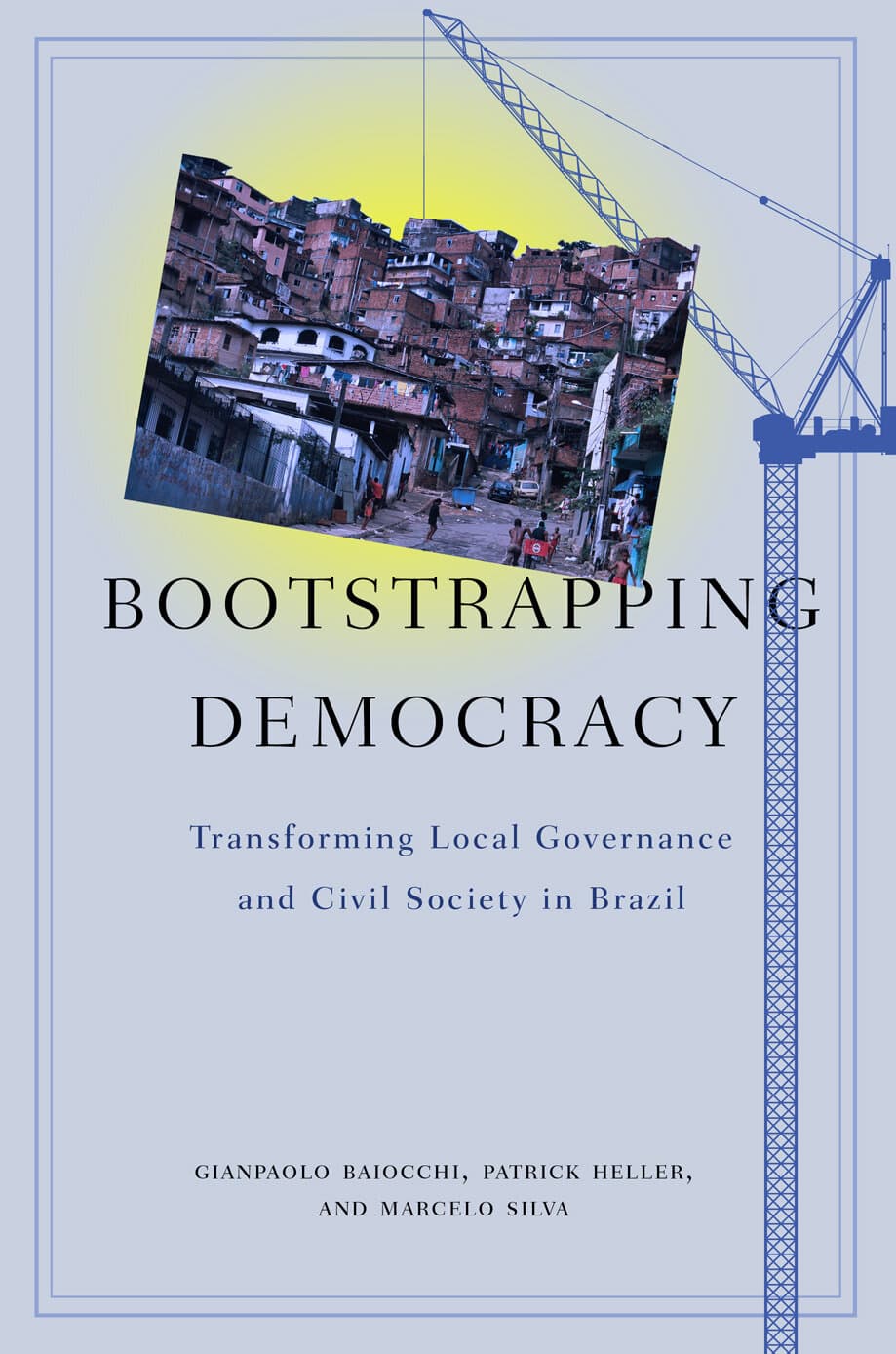Popular Democracy

Local participation is the new democratic imperative. In the United States, three-fourths of all cities have developed opportunities for citizen involvement in strategic planning. The World Bank has invested $85 billion over the last decade to support community participation worldwide. But even as these opportunities have become more popular, many contend that they have also become less connected to actual centers of power and the jurisdictions where issues relevant to communities are decided.
With this book, Gianpaolo Baiocchi and Ernesto Ganuza consider the opportunities and challenges of democratic participation. Examining how one mechanism of participation has traveled the world—with its inception in Porto Alegre, Brazil, and spread to Europe and North America—they show how participatory instruments have become more focused on the formation of public opinion and are far less attentive to, or able to influence, actual reform. Though the current impact and benefit of participatory forms of government is far more ambiguous than its advocates would suggest, Popular Democracy concludes with suggestions of how participation could better achieve its political ideals.
"Popular Democracy is a masterpiece! If you're tearing your hair out over the crisis of democracy, this book is for you. Let Gianpaolo Baiocchi and Ernesto Ganuza—with the precision of scientists and artistry of storytellers—lead you deeply into the emergent, fascinating world of face-to-face democracy, particularly 'participatory budgeting.' The nuances and paradoxes of Popular Democracy intrigue rather than baffle, so this extraordinary book can encourage us to stop the wringing of hands and instead dig them deeply into the good dirt of democracy."—Frances Moore Lappé, author of Diet for a Small Planet and Democracy's Edge
"Popular Democracy makes an eminent and critical contribution to the scholarship about one of the most interesting political experiments of our time, extending ethnographic work to acquire historical depth and global scope. Theoretically deft and methodologically innovative, it lifts the discussion to a new level and is a good read to boot."—Andreas Glaeser, University of Chicago
"This book is an excellent example of careful research that engagingly narrates the blow-by-blow of everyday politics while analyzing larger theoretical issues....Baiocchi and Ganuza have the ability to express complex ideas about participation in an elegant and intelligible manner. For that reason, I would even recommend this book to advanced undergraduate students who are interested in recent political changes. These strengths and the importance of the analysis make the book a significant contribution to political sociology."—Andrew Buck, American Journal of Sociology




